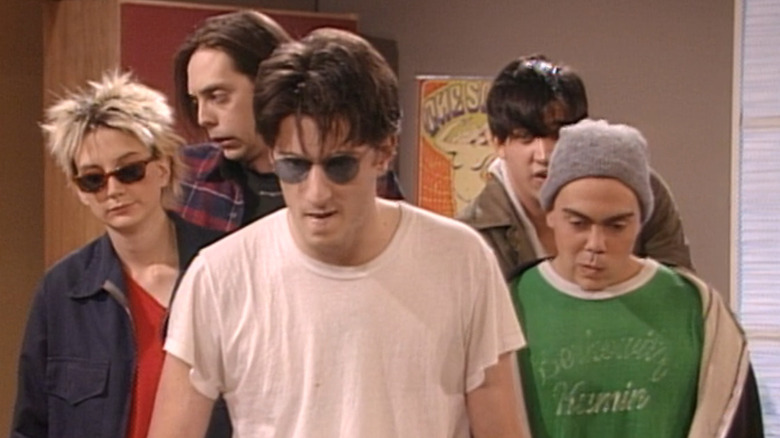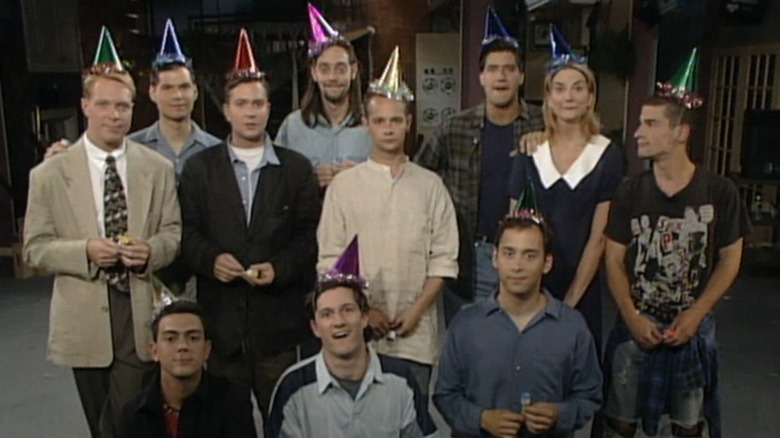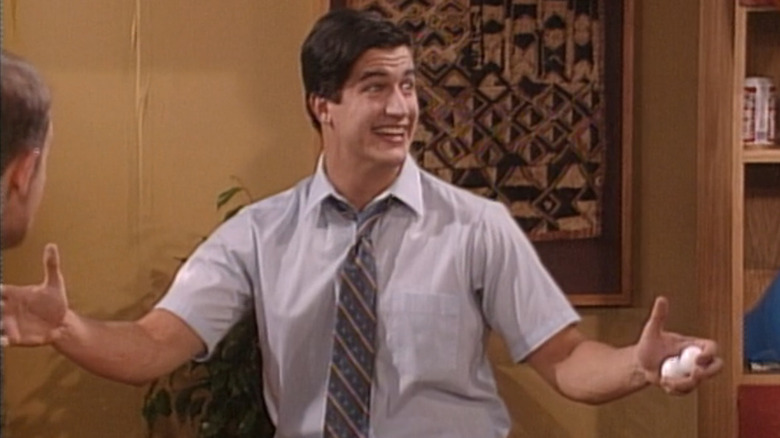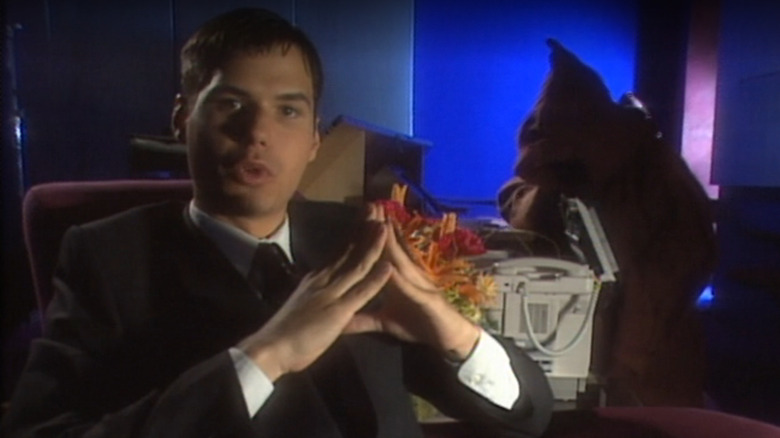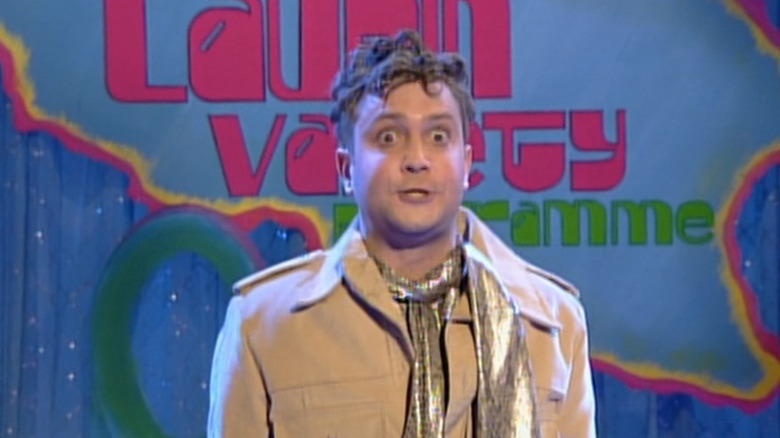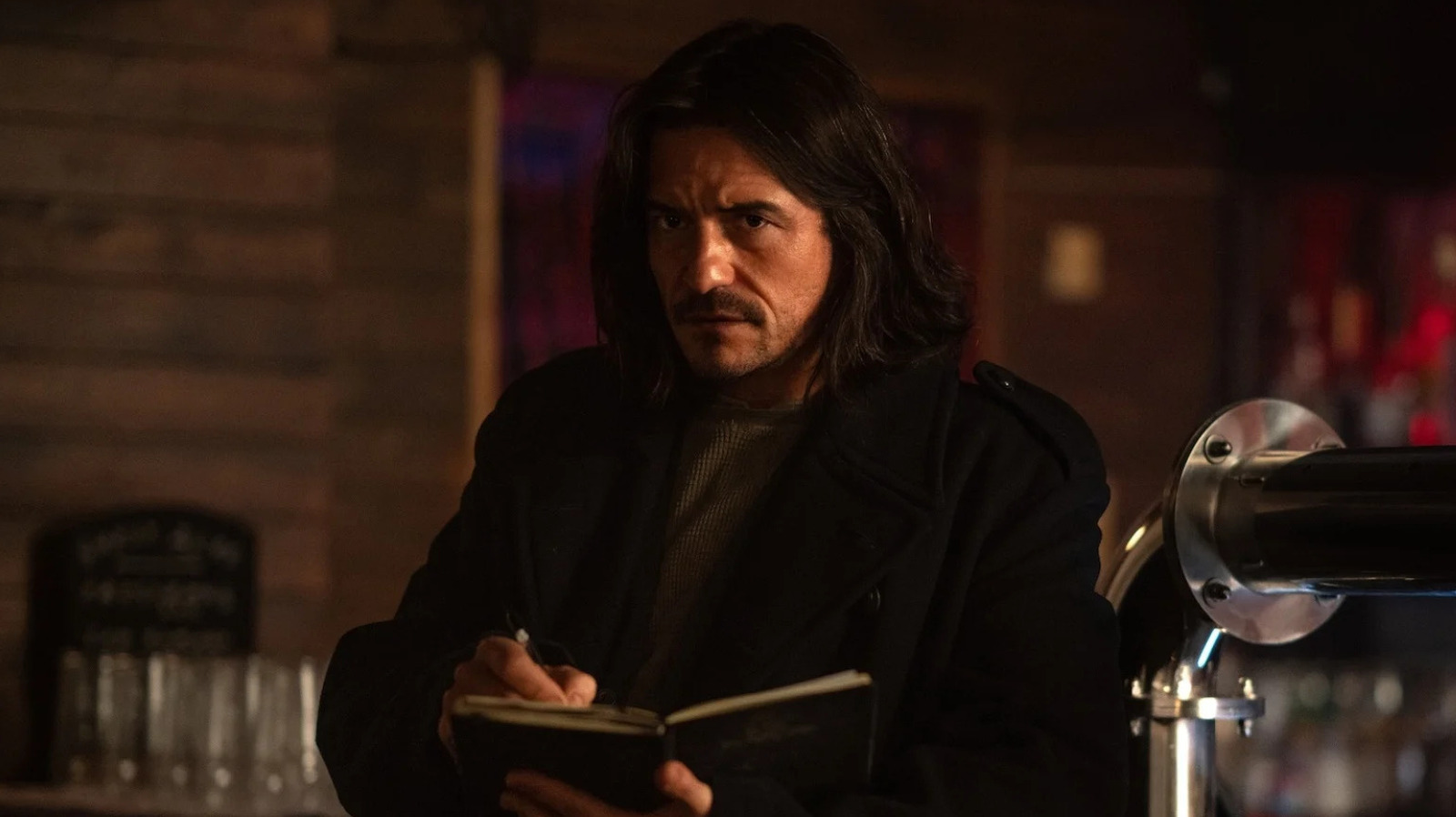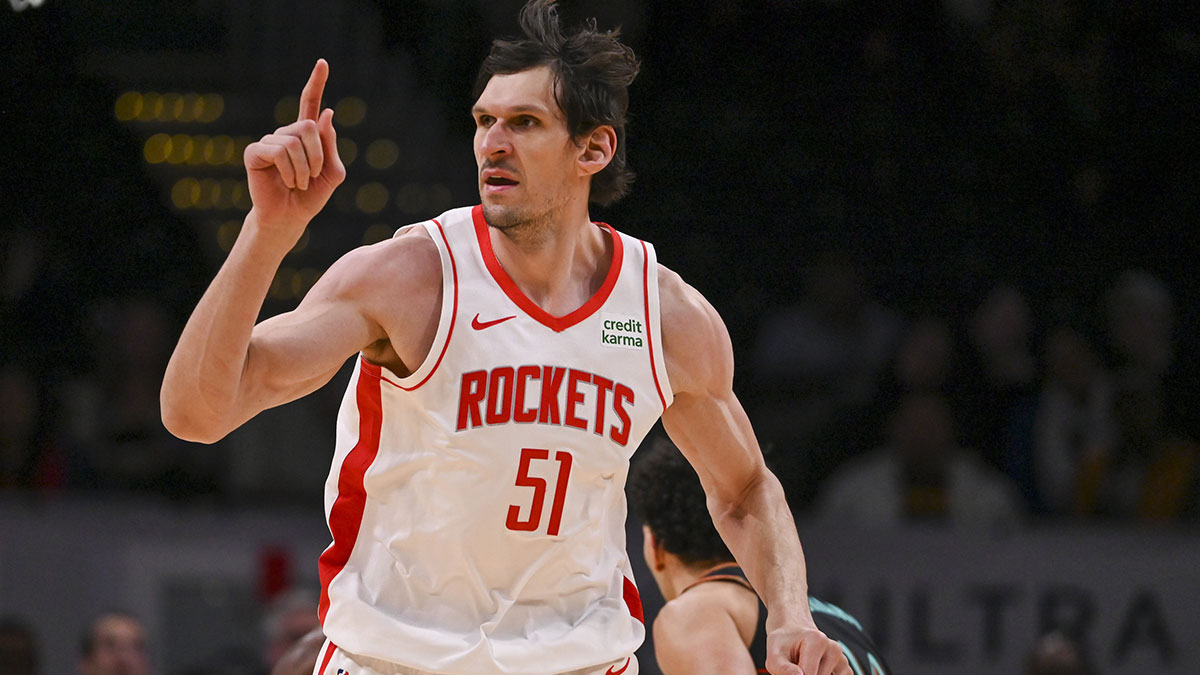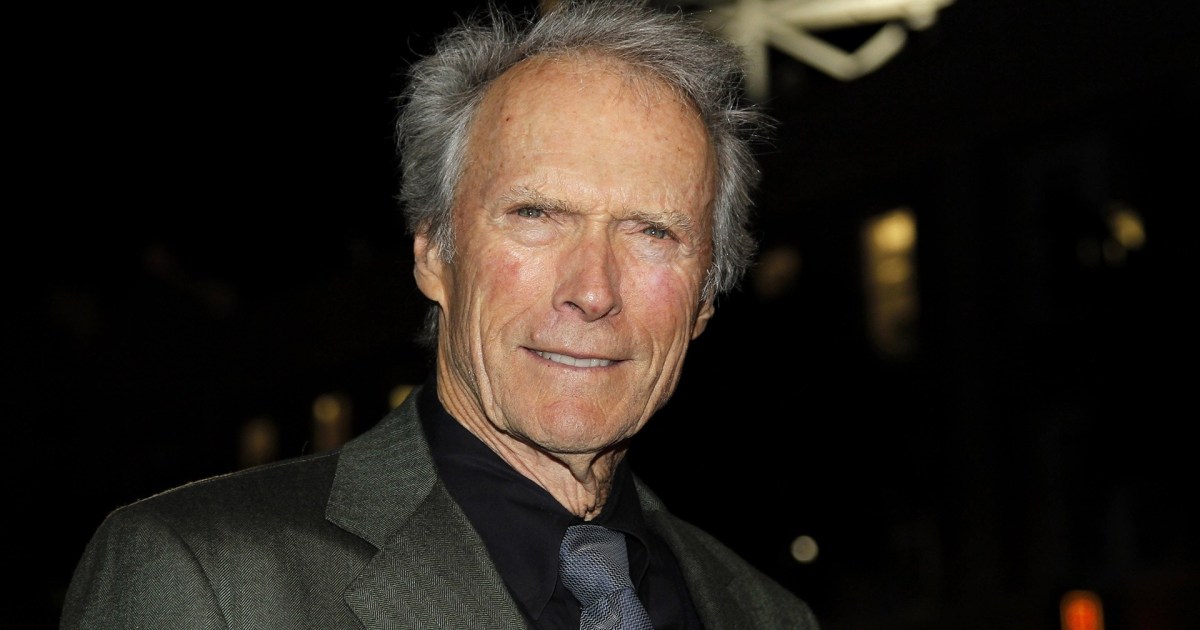From the delightfully Canadian comedy of "Kids in the Hall," to the diverse hilarity of "In Living Color," the short-lived but brilliant "The Dana Carvey Show," to the madness of "Upright Citizens Brigade," there was a sketch comedy show for everyone. But perhaps the series that would go on to have the biggest impact in pop culture's future was MTV's "The State," named after the comedy troupe of the same name.
Comprised of 11 up and coming comedians — Kevin Allison, Michael Ian Black, Robert Ben Garant, Todd Holoubek, Michael Patrick Jann, Kerri Kenney-Silver, Thomas Lennon, Joe Lo Truglio, Ken Marino, Michael Showalter, and David Wain — almost all of whom would go on to bigger endeavors in film and television, The State created and starred in a pre-taped sketch comedy series that ventured into much stranger and more oddball humor than "SNL" often did during the '90s. While "SNL" leaned into recurring characters with prominent catchphrases and schticks, "The State" mocked them with characters like Ken Marino's Louie, a guy who constantly gets jazzed about dipping his balls in things, or the good-natured stereotypical characters The Jew, the Italian, and the Redhead Gay, introduced after The State announced their intention to "avoid stereotyping of any kind."
Though they initially got off to a shaky start with harsh reviews, "The State" eventually found its place in the sun and became a low-key comedy juggernaut across just four short seasons. In fact, they would have stuck around a bit longer, but as the new documentary "Long Live The State" revealed in its premiere at the Tribeca Film Festival this month, the ugly head of show business and a growing rift between the troupe would eventually tear it all down.
Let's take a look at why "The State" came to an end and how the group's members became at odds with each other for some time.
